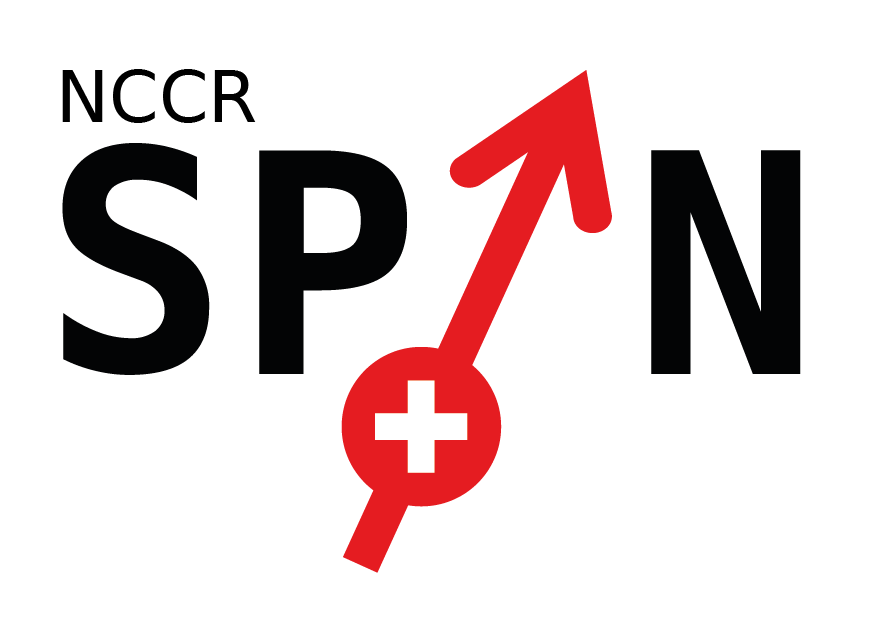I learned how to face different challenges with a positive attitude and to be even more curious when things don't go as expected.
Interview with Aditi, INSPIRE Potential SPIN Master’s fellow 2024
Who are you?
I am Aditi, a master’s student at the Indian Institute of Science Education and Research, Mohali. Currently, I am pursuing my master’s thesis at EPFL, conducting research in the field of quantum computation. My work focuses on the fabrication and characterisation of superconducting microstrip resonators, an essential component in quantum technologies. I am particularly interested in hybrid quantum systems and their potential applications in scalable quantum computing and quantum information processing.
What attracted you to take a (quantum) physics career?
I have always been fascinated by the fundamental principles governing nature at the quantum level. The ability to control and manipulate quantum systems for applications such as quantum computing, quantum optics, and precision sensing intrigued me. The interdisciplinary nature of quantum physics, combining elements of condensed matter physics, nanotechnology, and electrical engineering, motivated me to pursue this field. Additionally, the potential of quantum technologies to revolutionise computing and communication further solidified my decision.
How have you heard about the INSPIRE Potentials Fellowship? In what way did the fellowship help you in your research?
I learned about this fellowship from a senior at IISER Mohali, who encouraged me to apply. The fellowship has been instrumental in exposing me to a state-of-the-art research environment. It has also offered financial support and valuable networking opportunities, enabling me to focus on my research entirely without financial constraints.
What was the topic of your master’s project?
My master’s thesis focused on the fabrication and electrical characterisation of superconducting microstrip resonators for hybrid quantum systems. I conducted my research in the Hybrid Quantum Circuits Laboratory under the supervision of Dr. Pasquale Scarlino at EPFL, where I collaborated closely with fellow researchers in fabrication and measurement techniques.
What was the biggest challenge in your master thesis? What did you enjoy the most?
One of the biggest challenges in my master’s thesis was optimizing the fabrication process of microstrip resonators to achieve high-quality factors while maintaining device reproducibility. This required precise control over fabrication parameters and characterization at millikelvin temperatures. Despite the challenges, I thoroughly enjoyed the hands-on experience of working in the cleanroom and performing cryogenic measurements. Analysing the experimental results and understanding the underlying physics were particularly rewarding.
What did you learn through this experience?
This experience has significantly enhanced my technical skills in nanofabrication, cryogenic measurements, and data analysis. Moreover, it has strengthened my problem-solving abilities and resilience when dealing with experimental uncertainties. Working in a collaborative research environment also taught me the importance of effective communication and teamwork in advancing scientific projects.
How was your experience living abroad? Was it the first time for you?
Living abroad in Switzerland has been a transformative experience. It was not my first time travelling abroad, but it was my first long-term stay in an international research setting. The multicultural environment at EPFL allowed me to interact with researchers from diverse backgrounds, broadening my professional and personal perspectives. Adjusting to a new academic culture and lifestyle was initially challenging, but it ultimately made me more adaptable and independent.
What are your plans for the future?
I plan to continue my research in quantum physics by pursuing a PhD in quantum computation. I aim to develop novel quantum devices and architectures that enhance the scalability and coherence of quantum systems. In the long term, I aspire to work in a research-intensive role, either in academia or industry, where I can bridge the gap between fundamental quantum research and practical applications in quantum technologies.

